Mongolia: Climate resilience
Our role in addressing climate change is to enhance the resilience of the people vulnerable to a changing climate and environmental degradation, trying to maximise solutions in line with green growth and circular economy principles and solutions to reduce the greenhouse gas (GHG) emissions and sequester/stock carbon.
In Mongolia, GHG emissions per capita are some of the highest in Asia and nearly two times the global average. The country is disproportionately affected by climate change, with children, the elderly and low-income families bearing the brunt of its negative impacts.
We prioritize highly-contextual adaptation programming, particularly concerning environmental pollution that poses severe, long-term health risks to the people of Mongolia and can increase people’s vulnerability, also considering a changing climate. We are also one of the leading organizations for the independent monitoring and reporting of air pollution in Mongolia.
Past aid programmes
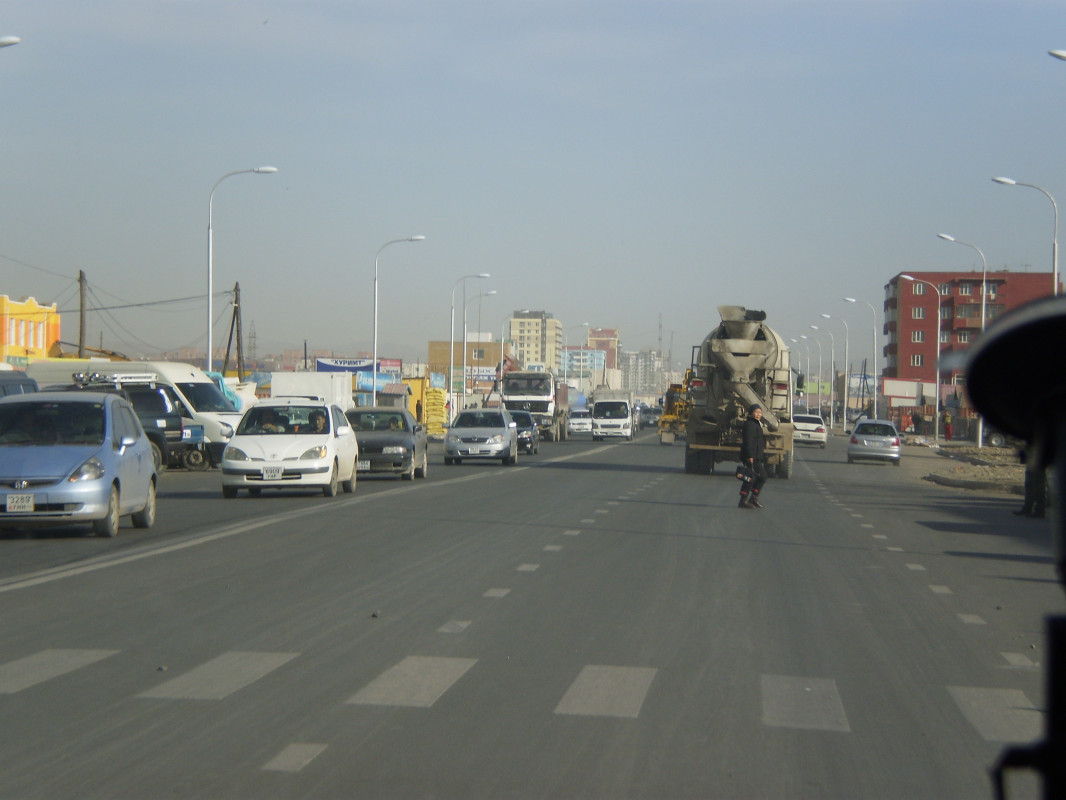
Right to Breath (R2B)
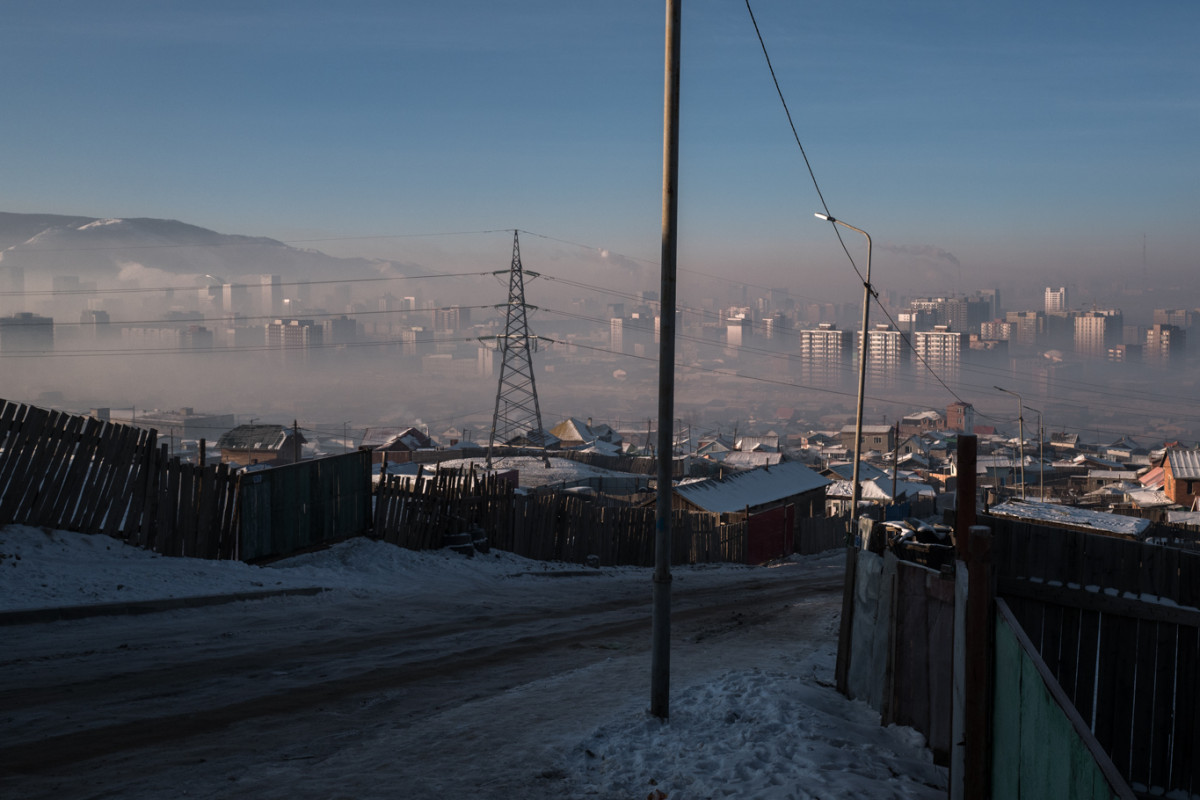
Switch Off Air Pollution (SOAP)
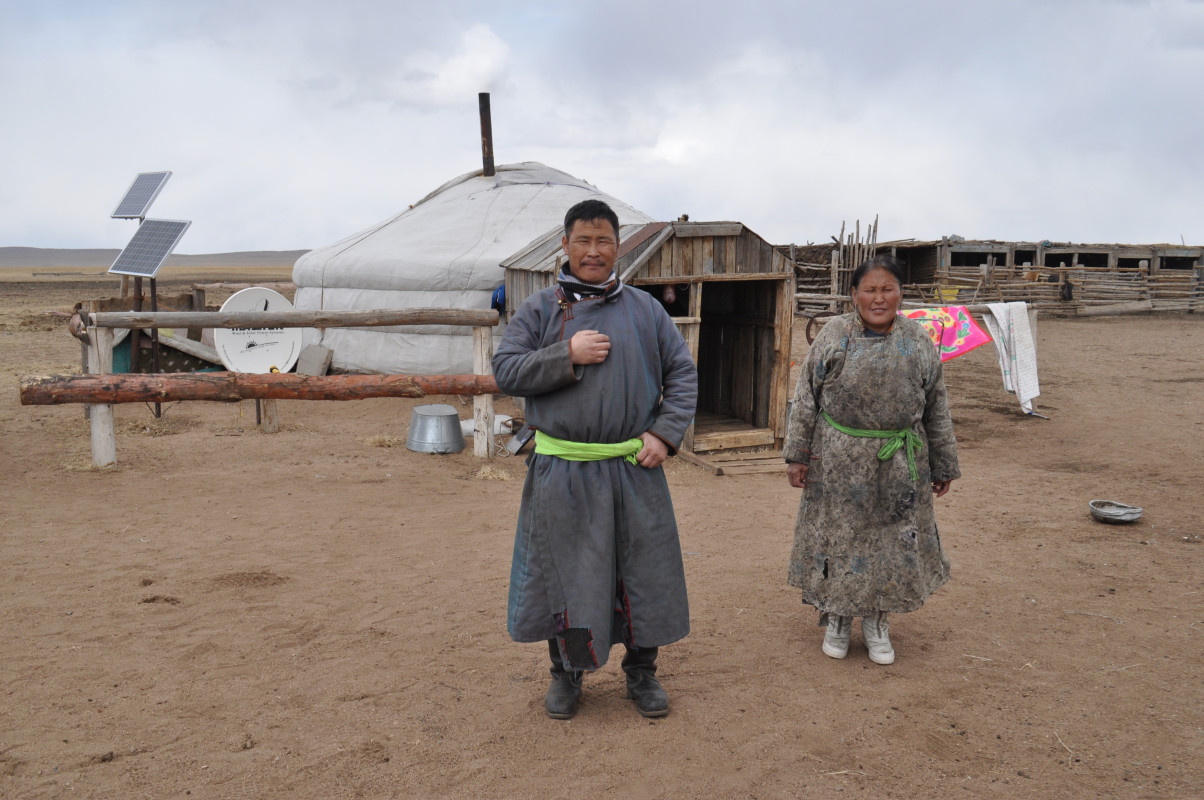
Leveraging Technology and Tradition for Resilience (LTT4R)
1) increasing the availability of early warning through an SMS platform,
2) assisting local and national authorities in disaster management,
3) research and advocacy around herder’s household vulnerability, the barriers they face for new and old coping mechanisms and advancing early warning systems and
4) developing disaster management plans, proactive pasture management plans and a dzud vulnerability index for use the Government of Mongolia and humanitarian actors in-country.
A key activity is the development in our target areas of local disaster management plans that include pasture management, and a vulnerability index for Mongolian herder population. Accessing weather information and an increased knowledge of the new challenges facing them will increase the resilience of Mongolian herders to shocks and stressors. At an institutional level, increased planning and sensitization will enable local and national authorities to better to respond to hazards in Mongolia. Working at these levels and advancing research on the challenges facing Mongolian herders, PIN Mongolia aims to increase the viability of the herding livelihood, a tradition in Mongolia, in the face of a changing climate.

Improvement of the living conditions and economic situation of the rural community
We keep the rural population informed about the mechanisms of the development fund and are trying to improve the capacities of local administrative bodies. We provide training in activities generating new sources of income, for instance year-round vegetable production or supporting tourism. As for commercial and financial planning, we provide technical assistance of production, processing and marketing. All participants of this programme later share their experiences and most effective procedures.
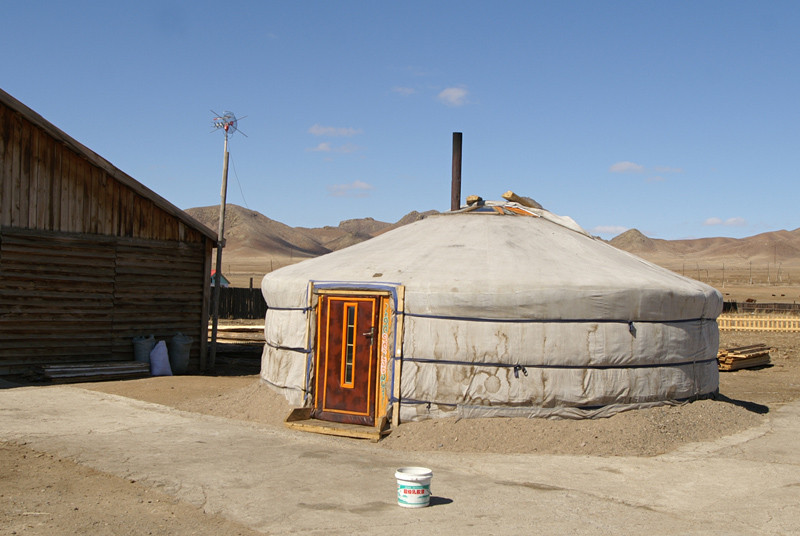
Sheep’s wool as insulation material
Sheep’s wool is an important resource in Mongolia. 90 % of it is raw wool which is in low demand, and generates almost no profit for suppliers. For this reason People in Need focused on this unused potential in a project for processing sheep’s wool as heat insulation construction material. Special emphasis is laid on development of a supply chain involving small and medium enterprises, individual sheep farmers and institutional consumers in the form of schools and state authorities. The programme therefore represents not only an interesting business opportunity for the inhabitants of Mongolia, but also an environmentally-friendly energy-saving alternative.
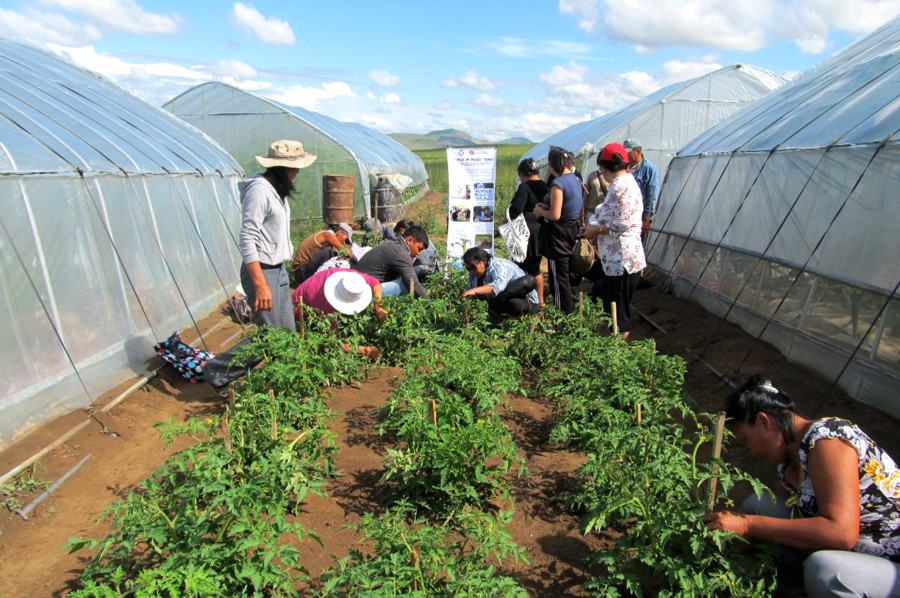
Support of small and medium enterprises

Supporting plant production in the Gobi
A promising alternative in the local conditions is plant production. The advantage in this lies not only in further potential income for individuals, but also potential for long-term development of the area. People in Need offered agricultural advice during which the emphasis was placed on economical management of scarce irrigation water and orientation in plant species with market potential. In this, PIN followed up on previously implemented programmes and built the Agrocentre advice centre which also serves as a model farm for plant cultivation, irrigation and storage.
The Agrocentre is also a distribution centre for quality seeds and seedlings and provides expert knowledge to existing and potential farmers not only about cultivating plants, but also about the subsequent phases of the business. In addition to this, it helps farmers form cooperatives and provides them with all the necessary agricultural data involved.








